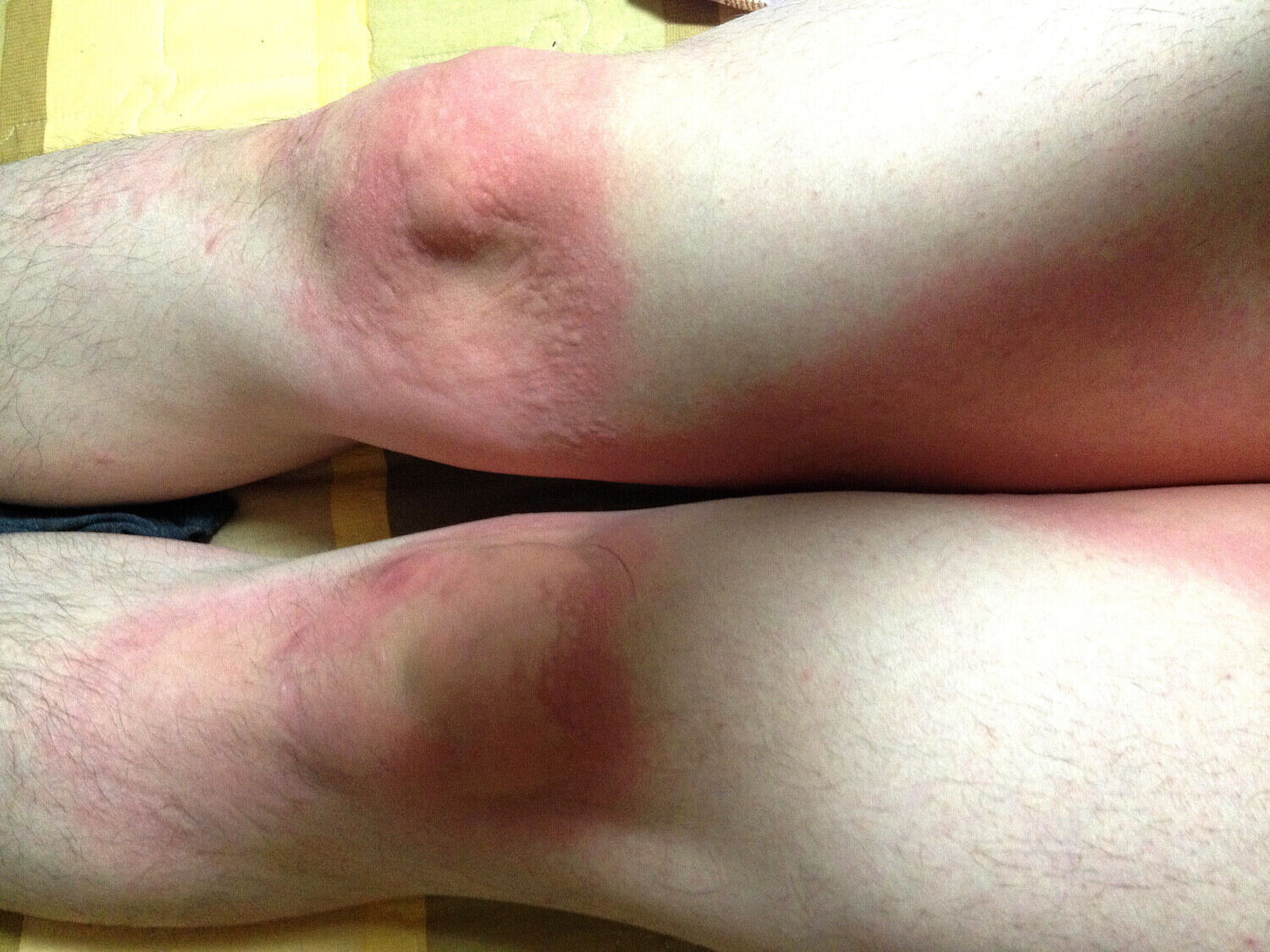
Familial Cold Autoinflammatory Syndrome (FCAS) is a rare genetic disorder that causes recurrent episodes of fever, rash, and joint pain triggered by exposure to cold. What makes FCAS unique is its genetic basis, often linked to mutations in the NLRP3 gene. These mutations lead to an overactive immune response, causing inflammation even with minor cold exposure. Symptoms typically begin in infancy or early childhood and can last for hours to days. Managing FCAS involves avoiding cold environments and using medications to reduce inflammation. Understanding this condition can help those affected lead more comfortable lives.
Key Takeaways:
- Familial Cold Autoinflammatory Syndrome (FCAS) is a rare genetic disorder causing fever, rash, and joint pain triggered by cold. It's crucial to manage symptoms, avoid cold exposure, and seek medical support for a fulfilling life.
- Genetic testing and clinical evaluation are essential for diagnosing FCAS. Treatment focuses on managing symptoms with medication, lifestyle modifications, and regular monitoring for improved quality of life.
What is Familial Cold Autoinflammatory Syndrome (FCAS)?
Familial Cold Autoinflammatory Syndrome (FCAS) is a rare genetic disorder. It causes episodes of fever, rash, and joint pain triggered by exposure to cold. This condition is part of a group of diseases called cryopyrin-associated periodic syndromes (CAPS).
- FCAS is inherited in an autosomal dominant manner, meaning one copy of the altered gene is enough to cause the disorder.
- The NLRP3 gene mutation is responsible for FCAS. This gene plays a role in the body's inflammatory response.
- Symptoms often begin in infancy or early childhood, usually before the age of six months.
- Episodes are typically triggered by cold exposure but can also be brought on by stress or fatigue.
- Common symptoms include fever, rash, and joint pain, which can last from a few hours to a few days.
- The rash associated with FCAS is usually urticarial, meaning it looks like hives.
- Conjunctivitis, or inflammation of the eye, is another common symptom during episodes.
- Hearing loss can occur in some individuals with FCAS due to chronic inflammation.
- FCAS is considered a systemic autoinflammatory disease, meaning it affects the entire body.
- The condition is rare, affecting fewer than 1 in 1,000,000 people worldwide.
Diagnosis and Treatment
Diagnosing FCAS involves a combination of genetic testing and clinical evaluation. Treatment focuses on managing symptoms and preventing episodes.
- Genetic testing can confirm the presence of the NLRP3 mutation.
- A detailed family history is often taken to identify other affected relatives.
- Blood tests may show elevated levels of inflammatory markers during episodes.
- Cold challenge tests can sometimes be used to provoke symptoms under controlled conditions.
- Nonsteroidal anti-inflammatory drugs (NSAIDs) are often used to manage pain and inflammation.
- Corticosteroids may be prescribed for severe episodes, although long-term use is not recommended.
- Interleukin-1 inhibitors, such as anakinra, can be effective in reducing symptoms and preventing episodes.
- Regular monitoring by a healthcare provider is essential to manage the condition effectively.
- Lifestyle modifications, such as avoiding cold exposure, can help reduce the frequency of episodes.
- Patient education is crucial for managing FCAS, as understanding triggers and symptoms can improve quality of life.
Living with FCAS
Living with FCAS can be challenging, but with proper management, individuals can lead fulfilling lives.
- Support groups can provide emotional and practical support for individuals and families affected by FCAS.
- Medical alert bracelets can be helpful in case of emergencies, ensuring that healthcare providers are aware of the condition.
- Regular exercise can help maintain joint function and overall health, but should be done in a warm environment.
- Healthy diet and adequate hydration are important for overall well-being.
- Stress management techniques, such as meditation and yoga, can help reduce the frequency of episodes.
- Regular check-ups with a rheumatologist or geneticist are recommended for ongoing management.
- Educational accommodations may be necessary for children with FCAS to ensure they can participate fully in school activities.
- Workplace accommodations can also be important for adults, such as ensuring a warm working environment.
- Travel considerations should be taken into account, such as avoiding cold climates and ensuring access to medical care.
- Ongoing research is being conducted to better understand FCAS and develop more effective treatments.
Final Thoughts on Familial Cold Autoinflammatory Syndrome
Familial Cold Autoinflammatory Syndrome (FCAS) is a rare genetic disorder causing recurrent episodes of fever, rash, and joint pain triggered by cold exposure. Understanding FCAS helps in managing symptoms and improving quality of life. Early diagnosis is crucial for effective treatment. Genetic testing confirms the condition, guiding personalized care plans.
Treatment often involves medications like NSAIDs and corticosteroids to reduce inflammation. In some cases, biologics targeting specific inflammatory pathways offer relief. Lifestyle adjustments, such as avoiding cold environments and wearing warm clothing, also play a significant role in symptom management.
Raising awareness about FCAS can lead to better support networks and resources for affected individuals and their families. By staying informed and proactive, those living with FCAS can navigate their condition more effectively, leading to a healthier, more comfortable life.
Frequently Asked Questions
Was this page helpful?
Our commitment to delivering trustworthy and engaging content is at the heart of what we do. Each fact on our site is contributed by real users like you, bringing a wealth of diverse insights and information. To ensure the highest standards of accuracy and reliability, our dedicated editors meticulously review each submission. This process guarantees that the facts we share are not only fascinating but also credible. Trust in our commitment to quality and authenticity as you explore and learn with us.


